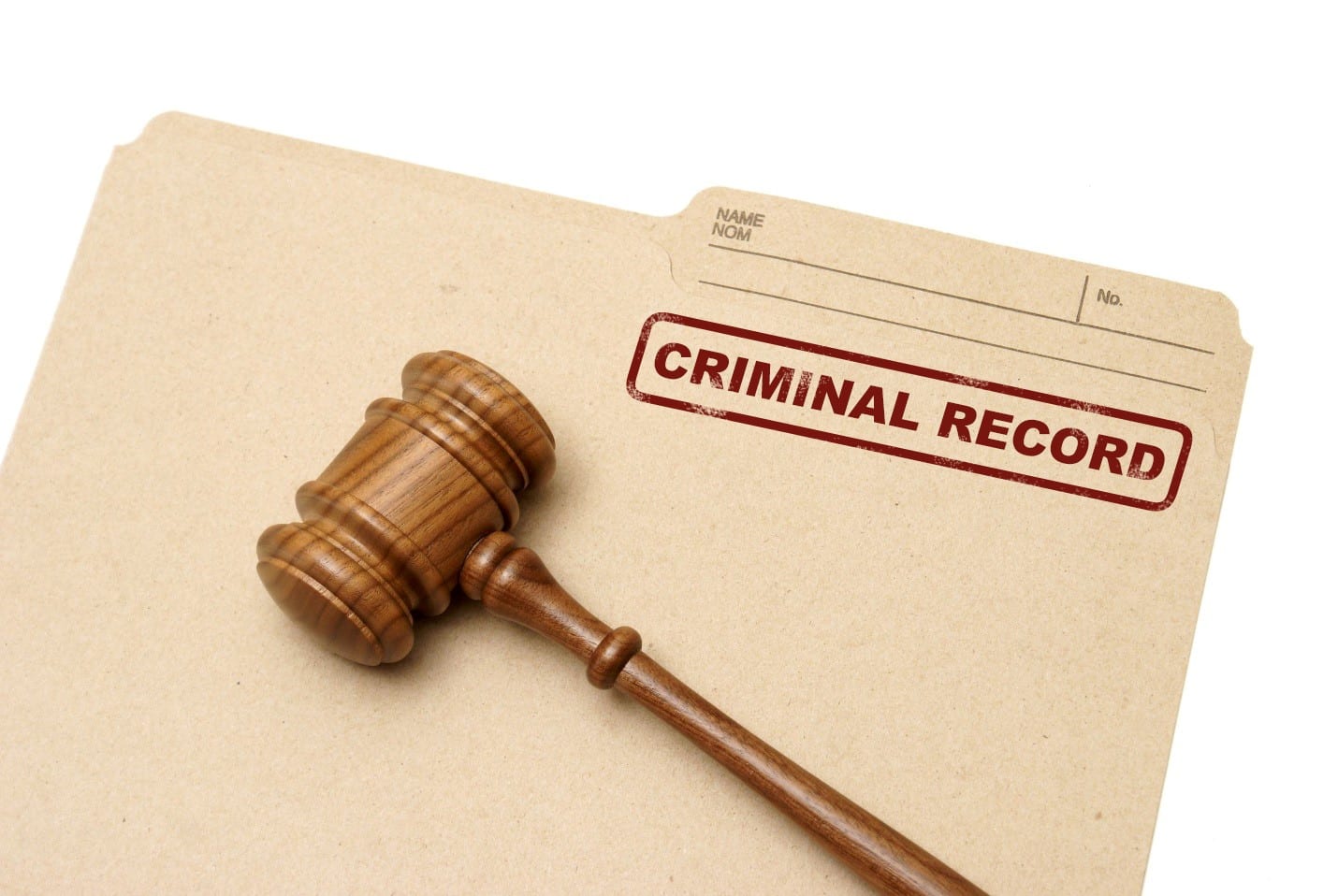Most people with a criminal record would like the opportunity for a second chance.
When you are arrested and/or charged with a crime—regardless of whether you were convicted—the state creates a file with information related to your case. This file is available to the public for a small fee. You know this file by its common name: a criminal record.
These records may pop up any time someone conducts a background check on you. If you’re applying for a job, housing, or college it’s likely the individual handling your application will look for (and find) this information.
This could – and often does – lead to outright rejection of your application. At the very least, in most situations it means losing any competitive edge you might have against other applicants.
What can you do about your criminal record? Some individuals in our state have the option to get their record expunged or sealed.
What is Expunging and Sealing?
In North Carolina, the official term for obscuring your records from the public is “expungement.” In many other states, expungement means your record is erased entirely. In our state, your case file will remain, but only judges will have access to it. Any private party conducting a background check would not be able to find it.
Our state laws only allow one expungement in a person’s lifetime. Your record is preserved for judges in order to prevent multiple expungements.
North Carolina does not officially use the term “sealing,” although our version of expungement is more or less the same as what most states would call sealing.
Unfortunately, not all records can be expunged. Before you begin the process, you should check whether or not your record is eligible under state law.
The process will be easiest for those whose cases were dismissed or acquitted. Usually, those who were not convicted will be able to expunge any DNA test, arrest, or court documents from their record.
Young offenders are often eligible for expungement as well. If you were convicted of a crime as a minor, you may be able to clear your record. Some examples of expungable crimes are:
- Drug offenses committed under the age of 21
- Misdemeanors or non-violent felonies before 18
- Gang-related offenses before the age of 17
Expungement for adult convictions may be available, although there is usually a 15-year waiting period after you complete your sentence. Sex offenses (misdemeanors or felonies) are not available for expungement. Nor are convictions of violent crimes.
The laws governing crimes that may or may not be expunged are too complex and detailed to go into at length here. Those who are curious whether their specific situation is eligible for expungement should consult with a knowledgeable criminal defense attorney. A summary of some of the more common charges that can be expunged can be found on the North Carolina Justice Center’s website.
Beginning the Process of Expungement
If you meet the criteria for expungement, the next step is to fill out and file an official application for expungement. You will have to hand in the file to the county where you were arrested or charged.
Your application will be forwarded to various state agencies for investigation. The relevant information will be sent back to the judges, and your case will be reviewed by a hearing to determine whether or not to expunge your record. This process can take quite some time.
If the request is approved, the judge will issue an order to expunge to the courts and police agencies that have records concerning the case. The order will also be issued to other agencies that might have this information, such as the DMV or the Division of Adult Correction.
The process of getting your record expunged is long and complicated, with little room for error. An experienced expungement lawyer can be an invaluable to getting your record cleared.
About the Author
Attorney Mike Schlosser represents victims of personal injury, those charged with a crime, as well as those facing traffic charges. A former Guilford County, North Carolina District Attorney, Schlosser has been in private practice at the Law Firm of Schlosser & Pritchett since 1983 and has been a member of the North Carolina State Bar since 1973.









